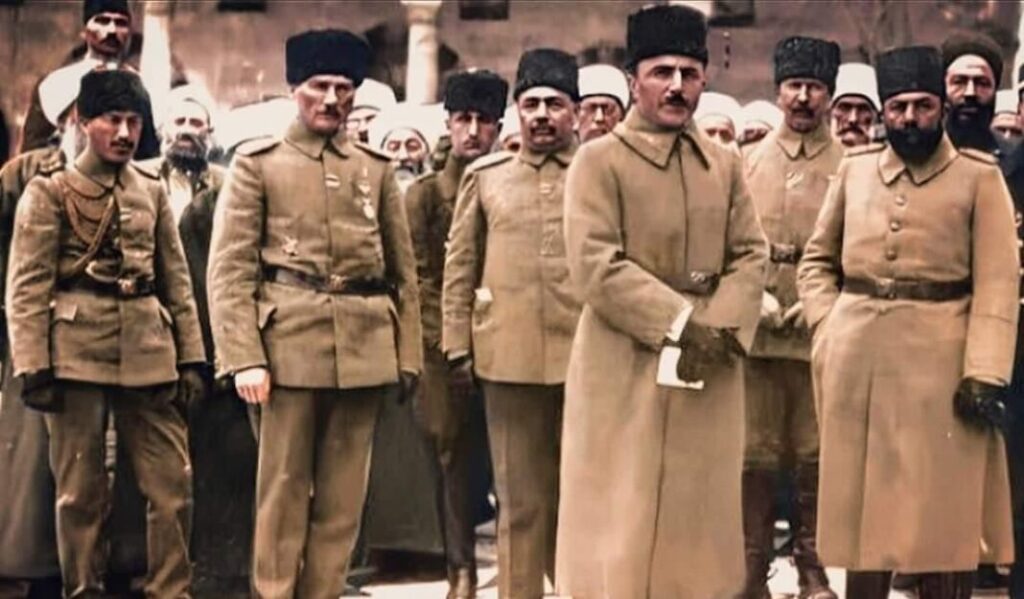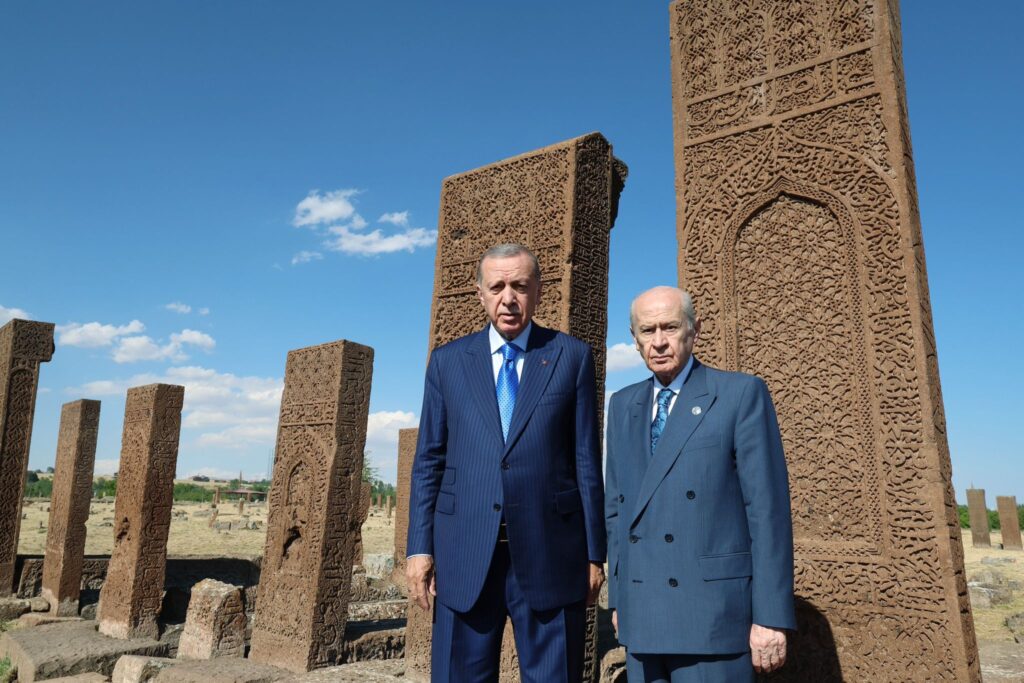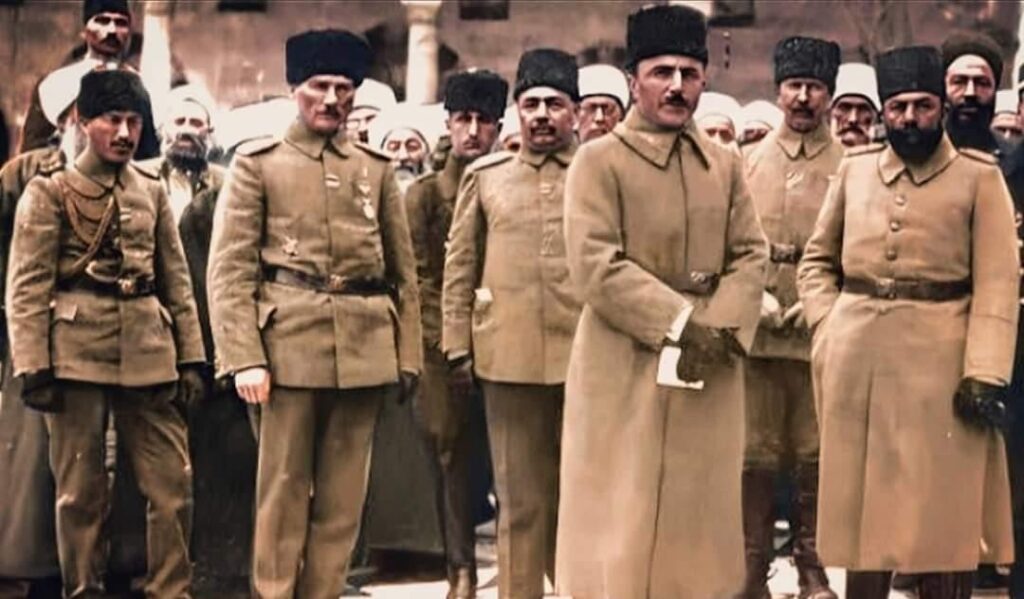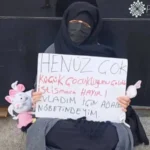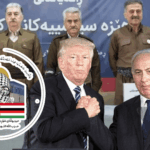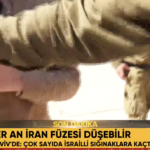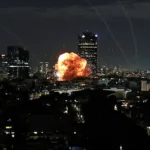It is natural that a common voice was formed against DAESH in the aftermath of the Paris massacre. Seemingly, everyone is against DAESH from Syrian President Bashar Assad, the Democratic Union Party (PYD), the outlawed PKK and the Syrian opposition to Iran, Russia, Turkey, Iraqi Kurdistan, Kuwait, Saudi Arabia, the U.S. and the EU. No organization has been confronted with such a strong coalition at any point so far. But no organization has so far been able to survive so easily and reach such an effective capacity of activity either. Here lies a question that must prepossess us. Why can DAESH not be eradicated despite the alliance of the greatest military powers in the world? We know that the answer has a quite complex social and ideological background. DAESH cannot be eradicated because the human forces comprising the organization come from the West. Consequently, even though it could be cleared from the Middle East, it could still survive for a long time in the Western world like scattered beads.
However, the possibility of this depends on the presence of a strong center. In other words, if DAESH can be eradicated from the Middle East, it would be easier for its Western offsets to become more of a hybrid and open to integration. Therefore, it is a logical expectation to weigh on DAESH in a single move. However, this is not the case. Seemingly, the reason is that Western countries do not want to sacrifice their own children in the swamp of the Middle East. But there is one more factor, as the survival of DAESH favors almost everyone except one country.
The existence of DAESH is critical when looked at in terms of the line spreading from Assad to Hezbollah and extending to Iran, Russia and even China. Thanks to DAESH, the defense of Assad and prolongation of his power becomes possible. So, Iran could reflect Shiite political strategy against Sunnis in the region by keeping Hezbollah in the equation. While it could penetrate society through profound intelligence networks, it also directly imposes hegemony on Syria and Iraq's central administrations. And thanks to DAESH again, Russia legitimizes its acts in the Middle East and creates permanent cornerstones for itself thanks to its military power. Meanwhile, China also seeks a role in this equation. All these forces are seemingly fighting against DAESH. But as a matter of fact, each one is in need of the presence of DAESH and they would not be pleased if it is suddenly done away with.
An interesting coalition is present on the opposite side. Turkey is situated on this side, which is completely against DAESH since the perception of Islam defended by DAESH is the exact opposite of the Justice and Development Party's (AK Party) perception of Islam. If the AK Party could describe the new notion of Islamism, this would be the ideological defeat of DAESH. On the contrary, the AK Party's perception of Islamism would become obsolete if DAESH expands its field of spiritual dominance. The EU and U.S. stand on the other edge of the line, which want the eradication of DAESH but cannot trust other Islamic groups, cannot admit their own contributions to radicalization and do all their activities with the minimum cost possible. Kuwait and Saudi Arabia stand in the middle. Even though they seem to be against DAESH, they like the idea that DAESH disrupts the center and favor the power of this organization against Shiites along with the PYD and Kurdistan Regional Government (KRG) President Masoud Barzani. All these forces try to position themselves in a critical position in the region by means of DAESH.
Everyone is against DAESH. But a faction does not want its complete eradication althou
gh it favors minimizing its influence. Another faction does not have the determination or willpower to eradicate DAESH even though it wants so. In the midst of this chaos, Turkey, which is confronted with the actual threat, is struggling but cannot be influential since it is simultaneously fighting the PKK.
DAESH's dissolution requires a new global balance agreed to by all parties. The Middle East is a transitional region. Peace in this region might have to wait for a new allocation of global scale.
Yazıyı beğendiysen, patronumuz olur musun?
Evet, çok ciddi bir teklif bu. Patronumuz yok. Sahibimiz kar amacı gütmeyen bir dernek. Bizi okuyorsan, memnunsan ve devam etmesini istiyorsan, artık boş olan patron koltuğuna geçmen lazım.
Serbestiyet; Türkiye'nin gri alanı. Siyah ve beyazlar içinde bu gri alanı korumalıyız. Herkese bir gün gri alanlar lazım olur.




